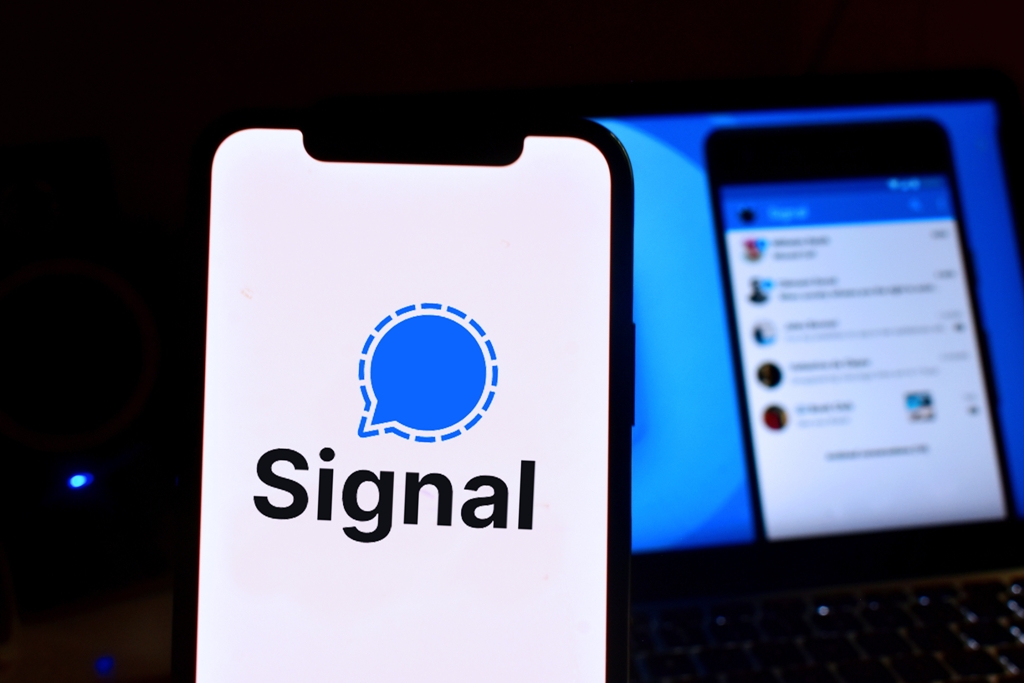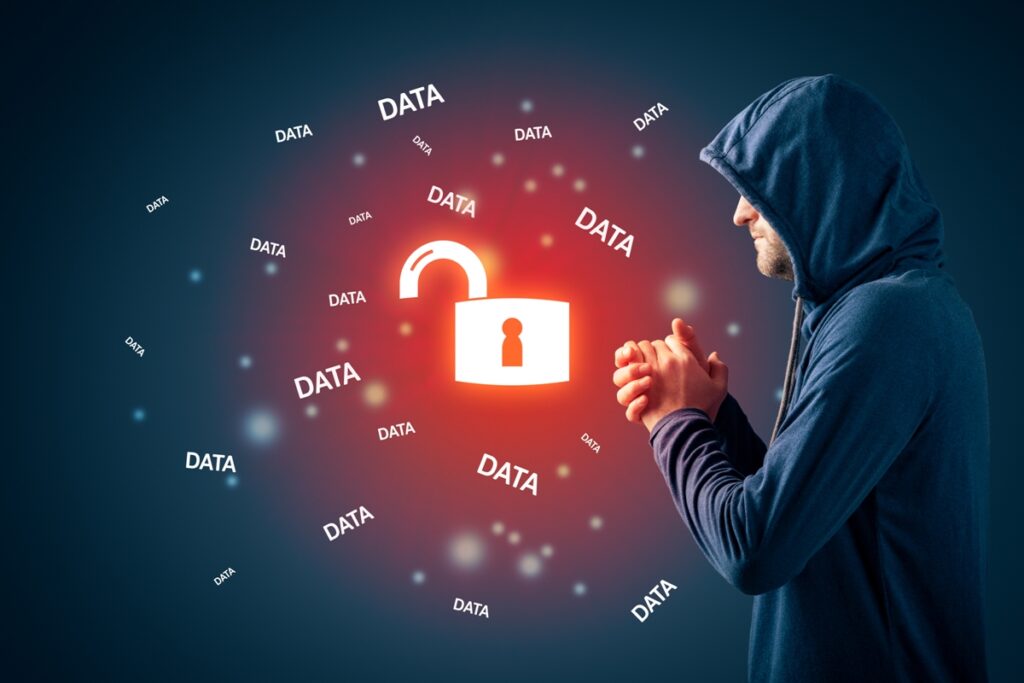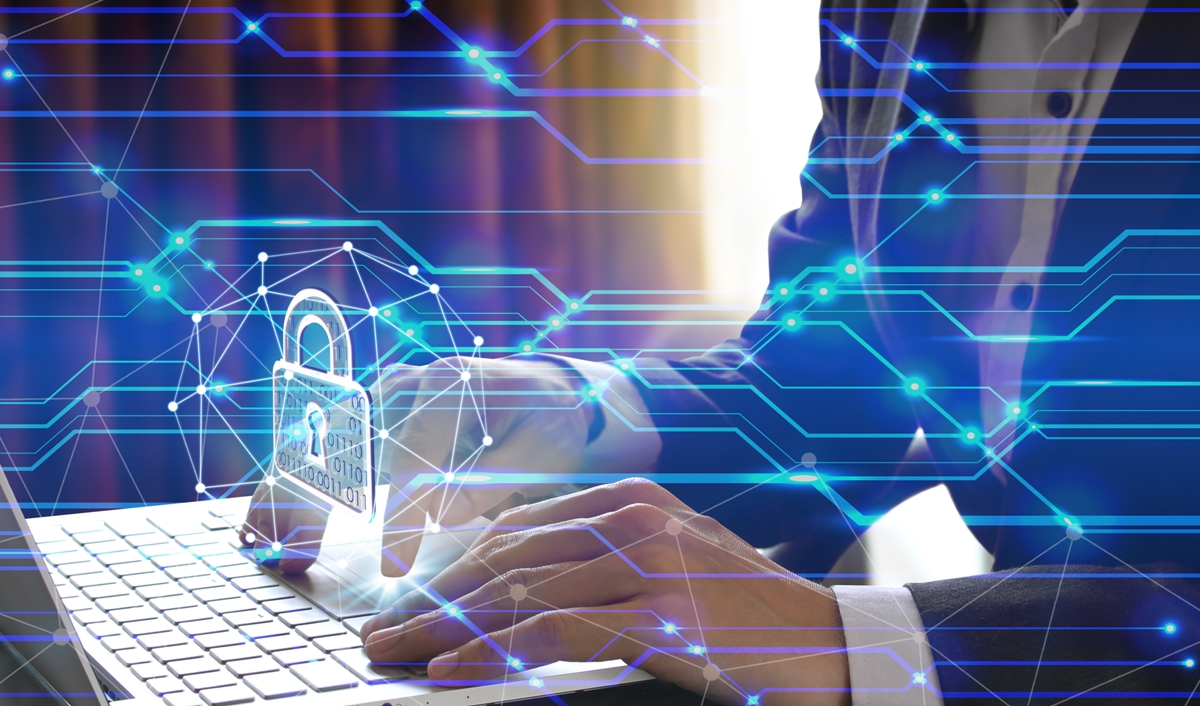Nagesh Alai comments on the uproar over WhatsApp’s recent revised privacy policy, and users’ eager migration to rival platforms
Our footprints on the sands of time are ‘anitya’ or impermanent, but our footprints on the highways of digital are ‘nitya’ or permanent. It is a travesty of sorts that the transience of our life which many of us try hard to comprehend and internalise is so emphatically disrupted by the permanence of our digital living impelled by technology.
The past few days have seen a spew of fire engulfing the latest privacy policy of WhatsApp, forcing people to either agree to their data being shared on Facebook or else quit the app. An adamantine ‘Mark’ literally ‘sucks’ with the users which might perhaps lead to an exodus larger than what Moses led out of Egypt aeons ago. Tellingly, Telegram and Signal are witnessing an influx of piqued millions, on the perception of a relative safety of privacy. At last count, WhatsApp had 2 billion users, Telegram about 400 million and Signal about 10 million.
Over the past few days, Signal, the flavour of the day, has seen a million users signing up every day and chat groups in hordes shifting out to it. Businesses and corporate heads (including tech entrepreneur Elon Musk of Tesla) are encouraging or rather mandating shifting out from WhatsApp to Signal. It will be a matter of time before the number equations change significantly between WhatsApp, Telegram and Signal, unless of course WhatsApp makes a retreat on its privacy policy. Interestingly, other chats are being developed and coming to the fore, like ‘Arattai’ literally meaning chat or gossip in Tamizh. I also see Viber, another app not much top-of-mind currently, regaining relevance over time.

The encryption question
End-to-end encryption is projected as a guarantee of privacy and everyone claims it in some form or the other, which to most users is confusing. Just to give an example, WhatsApp messages are encrypted, but not the backups. To understand the import, almost all of us take backups of our WhatsApp chats and content, which is stored in Google drive or iCloud or similar repositories. We see backup as a necessity for exporting data or shifting out to a new mobile. Here is where we expose ourselves, knowingly or unknowingly, since the backup is not encrypted. The claim of end-to-end encryption may be true as far as the front end is concerned, but the fact is that no user will be able to get definitive comfort or know if privacy is breached at the back end. The mind-boggling legalese which one is required to sign off on these platforms relating to privacy can challenge and confuse even the best legal eagles in the world, let alone you and me. If any of you have heard Sundar Pichai of Alphabet/Google or Facebook’s Mark Zuckerberg depose and defend their positions before the US Senate committees on privacy issues, you will realise that there is more obfuscation than clarity in their convoluted responses.
One good thing from these developments is that data and privacy protection discussions have come out into the public domain in the form of uproar and outrage in social media, and the governments are also getting into it. The newspapers recently carried a full-page advertisement claiming, “WhatsApp respects and protects your privacy.” Great headline to assuage fears, but the messaging in the body copy is selective and hides more than it reveals. A friend trenchantly observed “sounds like a lie’ – in a WhatsApp group! Clearly, WhatsApp is jittery and trying to do damage control. It will be good to recall the furore in India on imposing Aadhaar on the masses, over privacy issues. It has not been addressed till date effectively and the government is continuing to force it indirectly on us, notwithstanding the court’s rulings. Quite simply, data is power, data is control – no player or platform or purveyor is going to let go of the monetisation or manipulation potential of data.

Comfort zones
Over the last two decades of galloping technology progression, most of us, if not all, across the globe, urban or rural, have got used to the comfort of digital zones and are loath to step out of them. Talking and transacting from your desk or home had become an enduring way of life, much before the pathogen-led work from home pervaded our lives. Willy-nilly, the more our digital footprint, the more the exposure of our personal data and behaviour. Given our native intellect, all of us subconsciously knew of the risk to our personal data, but nevertheless tread the digital highway for its infinite and invaluable convenience. As an analogy, all of us may opt for the Covid vaccine despite knowing that there could be negative side effects. Finally, it’s a trade-off. The digital presence is obviously dictated more by individual choices and conveniences, but herd behaviour also develops over a period of time, which inevitably leads to further lowering of guards.
Let me make an anecdotal point here. As a retired corporate senior executive used to an office support system, it was a huge struggle initially to make the physical rounds of the banks or the stock markets or mutual funds or the payment of utility bills or purchase or what have you. To avoid dying out like a dodo, and being innately adaptive and curious, I went digital almost entirely a few years ago – be it mobile wallets, net banking, investments purchase or sales, payments, transfers, purchases, UPI – anything that we can do from the comfort of our homes. I access all these platforms not just from my computer, but increasingly from my mobile. It will be a matter of time before I exit computers completely. My UPI is linked to a specific bank account where I keep just the minimum amounts to take care of routine use as also to mitigate risks. I am just hoping that no one can or will hack into my bank accounts or digital behaviour. As against this, my two sons, both of whom are computer science graduates, never ever use their mobile phones for net banking for the fear of access to the personal critical data if the mobiles were to be lost or stolen. As a result, they prefer to use only their computers for net banking. Mobile phones are used only for other platforms where they can minimise their exposure relatively. Same principle goes for the use of messaging platforms like WhatsApp – none of us have used or will use the payment app of WhatsApp for reasons of safety.

Continued concern
The point is privacy will continue to be a concern and under constant threat, no matter the claims on encryption, limited use, etc. etc. One of the reasons everyone claims Signal is safer is because it is an ‘open source’ platform and is not driven by profit motives. Incidentally, Signal was founded by Brian Acton, who had co-founded WhatsApp and later sold it to Facebook in 2014. It is also given that the governments will have some kind of oversight on all these platforms and can access our data through legal fiats. None of us as individuals can either avoid or obviate the access to our data when it comes to a crunch.
While I have consciously stayed away from television and OTTs by and large, I chanced upon a well-known serial called Blacklist on Netflix – an engrossing serial based on an interplay between an international criminal and the FBI and how they work together to put down criminals and threats to people. An interesting aspect is that every single bit of information or movement or activity or location of any criminal is traced out on the net and from digital data banks. A bit surreal, but it is very close to the reality of easy access to data. Get the drift – no information of yours is confidential or safe. Quite literally, users beware!
So, it is best to be circumspect and selective in our use the digital platforms, in our own interest.
On a related note, I cannot help observing the all-pervasive digital behaviour converting all of us into ‘products’ to be consumed by ‘brands’ and not the other way round. Let us introspect on that – we have allowed our data to be invaded by the Facebooks, Amazons, Netflix and Googles of the world. FANGs will be out for money’s sake, but it is for us to de‘FANG’ them from our data. We have to opaque the glass wall of privacy.









